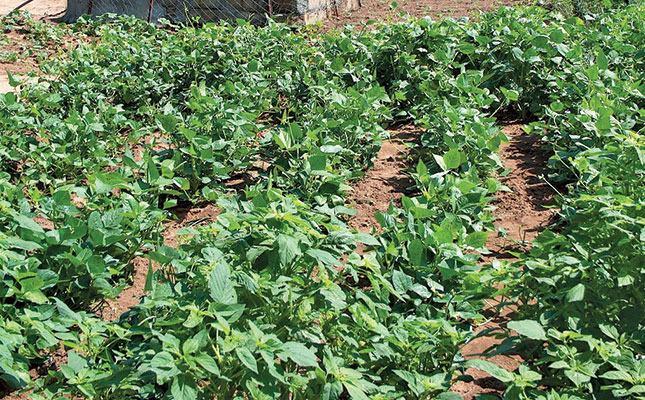
Mike Mlengana, Deputy-General of the Department of Agriculture, Forestry and Fisheries (DAFF)
Climate change is a great threat to agricultural production, particularly with regards to the effects it has on the natural resources and livelihoods of farming communities.
Other challenges to food security are increased inadequate food access, food waste and loss, especially for the vulnerable. With the growing number of food insecure people in Southern Africa, there is a need for efficient food production methods, such as the employment of climate smart agriculture methods that protect the degradation of soil structure.
Professor Julian May, director of the DST-NRF Centre of Excellence in Food Security
The greatest challenge facing global food security is managing the impact of climate change in Africa in the face of population growth, urbanisation and changing consumption patterns.
As Africa’s population grows, it will need to import more staple foods, and food prices are thus likely to rise. Without affordable food, the prospect of potentially violent ruptures will increase, increasing migration. This means that even if the world’s farmers were to succeed in producing more food with fewer inputs, the distribution of that food remains a challenge.
Denene Erasmus, Farmer’s Weekly editor
A large amount of food goes to waste at farm level and further along the value-chain, and this challenge can, to an extent, be addressed by improvements in food storage and distribution.
But, perhaps a far more realistic solution for those currently suffering from food insecurity and hunger is to support subsistence farming and food garden initiatives, which require little investment in infrastructure. Due to rapid urbanisation, the world has an increasing need for commercial farming. But to provide adequate nutrition to the rural poor, small-scale farming that can create livelihoods must form part of the solution.
Inge Kotze, senior manager: sustainable agriculture at the WWF-SA
Farmers have to find a way to produce enough food for us all in the face of volatility in international oil prices, rising local input costs, uncertainty about land reform and increasing labour discontent. Increasingly scarce arable land and water amplified by climate change will only increase their risk and vulnerability.
The steady rise in food prices and often associated social unrest in a large number of countries show how important the agricultural sector is for social and economic stability.
Dr Shadrack Moephuli, CEO of the Agricultural Research Council (ARC)
The greatest challenge facing food security is the ability for communities to acquire inputs to produce for themselves. In addressing this issue, the ARC assists the public with skills and seeds for farming at a small-scale level so that they are able to produce their own food. This year, the ARC is donating 200 bags of drought tolerant maize seeds to communities in Eshowe KZN as part of the World Food Day celebrations.
Scott Drimie, director of Southern Africa Food Lab
Increasing resource price inflation and volatility highlight the interconnections and interdependence of food, energy and water. Unless we recognise this, supply risks will be exacerbated. The management of these resources must be made a foremost challenge and priority in all countries.










